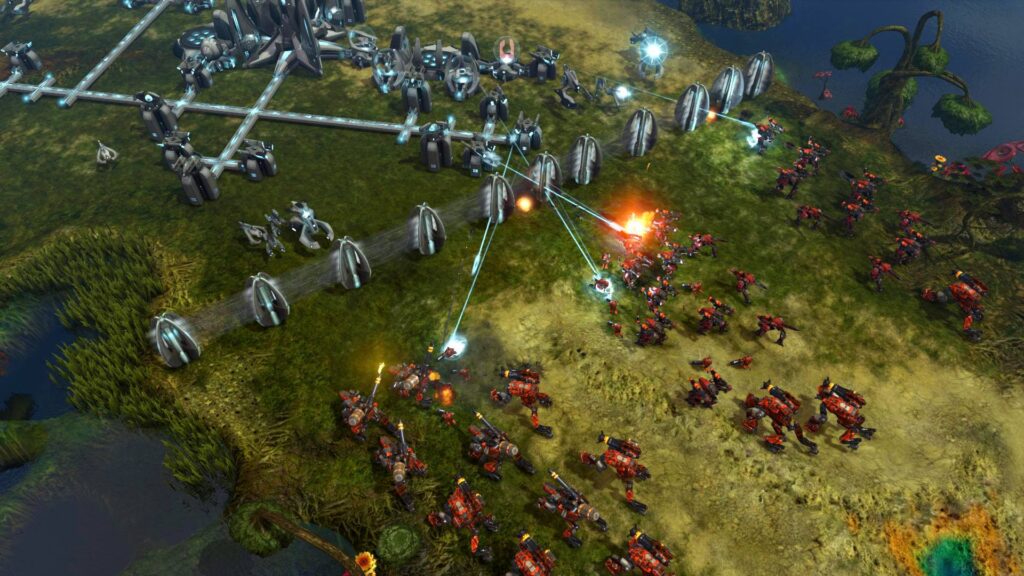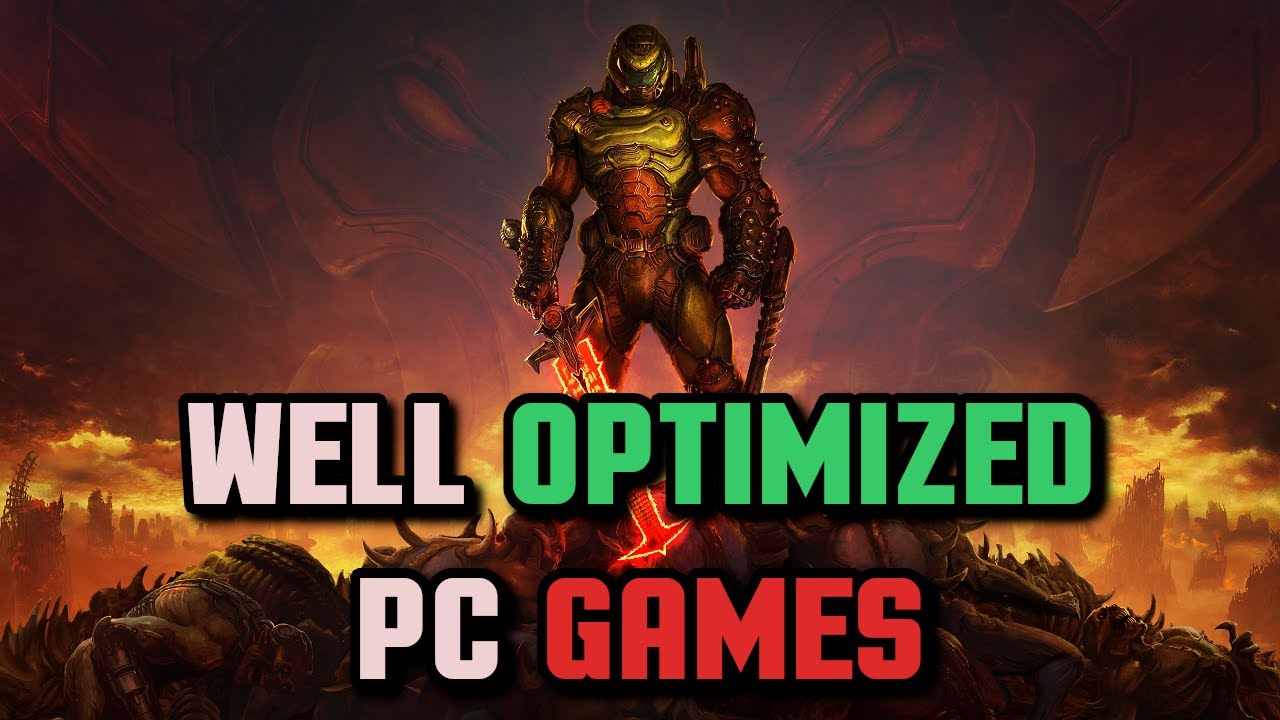Have you ever felt like you’re constantly playing catch-up with life? Like you’re always involved in some race that you can’t win? This is often referred to as “the game.” But what if you could skip the game altogether? In this article, we’ll explore how you can step out of this relentless cycle and take control of your time and energy.
what is skipping the games?
“Skip the games” is a phrase that refers to avoiding unnecessary distractions, trivial pursuits, and time-consuming activities that do not contribute to your personal or professional goals. It involves bypassing the metaphorical “games” people play in various aspects of life, such as social politics, busy work, and other non-essential tasks that can drain your time and energy.

Why “Skip the Games”?
- Focus on Priorities: Skipping the games allows you to concentrate on what truly matters to you, whether it’s advancing your career, spending quality time with loved ones, or pursuing personal interests.
- Save Time: By avoiding activities that don’t align with your goals, you free up time for more productive and fulfilling pursuits.
- Reduce Stress: Cutting out unnecessary tasks and engagements can help reduce stress and improve your overall well-being.
- Increase Efficiency: When you skip the games, you streamline your life, making it easier to achieve your objectives and maintain a balanced lifestyle.
Examples of “Games” to Skip
- Office Politics: Engaging in gossip or trying to navigate complex social hierarchies at work can be draining and unproductive.
- Social Obligations: Attending events or gatherings out of a sense of obligation rather than genuine interest can take up valuable time.
- Busywork: Tasks that keep you busy but do not contribute to your long-term goals are often a waste of time.
How to Skip the Games
1. Set Clear Goals
Why It Works: Clear goals provide direction and help you prioritize tasks.
How to Do It: Identify your short-term and long-term goals. Write them down and break them into actionable steps.
2. Prioritize Your Tasks
Why It Works: Prioritizing helps you focus on the most important tasks first.
How to Do It: Use a task management system like the Eisenhower Matrix to categorize tasks based on their urgency and importance.
3. Declutter Your Schedule
Why It Works: A cluttered schedule can be overwhelming and distracting.
How to Do It: Review your calendar regularly and eliminate unnecessary meetings and tasks. Focus on activities that align with your goals.
4. Learn to Say No
Why It Works: Saying no to non-essential tasks frees up time for what matters most.
How to Do It: Politely decline requests that do not contribute to your goals. Offer alternatives if possible, but prioritize your own needs.
5. Use Technology Wisely
Why It Works: Technology can streamline tasks and improve efficiency.
How to Do It: Utilize productivity apps like Trello, Asana, or Todoist to manage tasks. Automation tools like Zapier can help automate repetitive tasks.
6. Establish Boundaries
Why It Works: Clear boundaries prevent others from overstepping and demanding your time.
How to Do It: Set specific times for work, leisure, and rest. Communicate these boundaries to colleagues, friends, and family.
7. Delegate When Possible
Why It Works: Delegating tasks can free up your time for more important activities.
How to Do It: Identify tasks that others can do and assign them accordingly. Trust your team or seek help from virtual assistants if needed.
8. Regular Self-Assessment
Why It Works: Regular self-assessment helps you stay on track and make necessary adjustments.
How to Do It: Reflect on your progress weekly or monthly. Adjust your strategies based on what’s working and what’s not.
9. Maintain a Balanced Life
Why It Works: A balanced life ensures you are not overburdened by any single aspect.
How to Do It: Allocate time for work, hobbies, exercise, and socializing. Make sure each area receives attention.
10. Seek Professional Guidance
Why It Works: Professionals can offer tailored advice and strategies.
How to Do It: Consider hiring a life coach or productivity consultant if you struggle to skip the game on your own.
11. Build a Supportive Network
Why It Works: A supportive network can provide encouragement and accountability.
How to Do It: Surround yourself with like-minded individuals who understand and respect your goals.
What Does “Skip the Game” Mean?
“Skipping the game” refers to bypassing the endless, often pointless, struggles and distractions that prevent you from achieving your true goals. It’s about focusing on what truly matters and eliminating unnecessary stressors from your life.
Why Would Someone Want to Skip the Game?
The primary reasons are straightforward: to save time, reduce stress, and open up better opportunities. By skipping the game, you can allocate your resources more efficiently and live a more fulfilling life.
Understanding the Game
Defining “The Game”
The game is essentially the day-to-day grind that involves unnecessary tasks, social pressures, and distractions that don’t contribute to your personal or professional growth. It’s the stuff that keeps you busy but not productive.
Common Scenarios of The Game
Common scenarios include endless meetings, unnecessary social obligations, and activities that don’t align with your personal goals. Recognizing these scenarios is the first step toward skipping the game.
Reasons to Skip the Game
Time Management
Time is a finite resource. Skipping the game allows you to reclaim valuable time that can be invested in more meaningful activities.
Stress Reduction
Less unnecessary engagement means less stress. Skipping the game helps in maintaining mental peace and reduces anxiety.
Better Opportunities
By focusing on what truly matters, you open doors to opportunities that you might have missed while being distracted by the game.
Recognizing the Need to Skip
Signs You’re Stuck in the Game
Feeling constantly overwhelmed, lacking clear direction, and experiencing burnout are clear signs that you’re stuck in the game.
Self-Assessment Techniques
Regularly assess your activities and their impact on your goals. Tools like journaling or time-tracking apps can be very useful.
Strategies to Skip the Game
Setting Clear Goals
Define what you want to achieve. Clear goals provide a roadmap and help in filtering out unnecessary activities.
Prioritizing Tasks
Not all tasks are created equal. Prioritize based on their importance and relevance to your goals.
Leveraging Technology
Use technology to automate and streamline tasks. This reduces the manual effort and frees up time for more important activities.

Mental Preparation
Building a Resilient Mindset
A resilient mindset helps in dealing with setbacks and staying focused on your goals.
Coping with Fear of Missing Out (FOMO)
Understand that you can’t be everywhere or do everything. Focus on what’s important to you.
Practical Steps to Skip the Game
Decluttering Your Schedule
Remove unnecessary meetings and tasks from your schedule. Focus on what truly adds value.
Effective Communication
Communicate your priorities clearly to others. This helps in managing expectations and reducing unwanted engagements.
Streamlining Your Daily Routine
Optimize your daily routine for efficiency. Small changes can have a tremendous impact.
Using Technology to Your Advantage
Productivity Apps
Apps like Trello, Asana, and Todoist can help in managing tasks efficiently.
Automation Tools
Employ IFTTT or Zapier to automate monotonous chores.
Virtual Assistance
To handle administrative duties, think about employing a virtual assistant.
Work-Life Balance
Importance of Balance
A balanced life is a happy life. Ensuring time for personal interests is crucial for overall well-being.
Tips to Achieve Balance
Set boundaries, schedule downtime, and make time for hobbies and family.
Seeking Professional Help
When to Consult a Coach
If you’re struggling to skip the game on your own, a professional coach can provide guidance and accountability.
Benefits of Professional Guidance
Professional help can offer new perspectives and strategies tailored to your specific needs.
Overcoming Common Obstacles
Dealing with Procrastination
To make jobs less intimidating, divide them into smaller, more manageable portions.
Handling Peer Pressure
Learn to say no. Focus on your priorities, not others’ expectations.
Success Stories
Real-Life Examples
Hearing from those who’ve successfully skipped the game can be inspiring and provide practical insights.
Lessons Learned
To stay motivated and avoid frequent traps, learn from the experiences of others.
Maintaining Your New Path
Consistent Evaluation
Regularly review your progress and make necessary adjustments to your strategy.
Adjusting Strategies as Needed
Flexibility is key. Be willing to adapt your approach as circumstances change.
FAQs
What are the initial signs that I need to skip the game?
Initial signs include feeling overwhelmed, lacking direction, and experiencing burnout. If your daily activities don’t align with your long-term goals, it’s time to consider skipping the game.
How long does it typically take to see the benefits?
The timeline varies, but many people notice significant improvements within a few weeks of consistently applying these strategies.
Can skipping the game affect my social life?
It might initially, as you prioritize differently. However, the quality of your social interactions is likely to improve as you focus on more meaningful relationships.
What if I fail in my initial attempts?
Failure is part of the process. Learn from it, adjust your strategies, and keep moving forward.
Are there any tools specifically recommended?
Yes, productivity apps like Trello, automation tools like Zapier, and virtual assistance services can be very helpful.
Conclusion
Skipping the game is about reclaiming your time and focusing on what truly matters. It’s a journey that requires clear goals, a resilient mindset, and practical strategies. By making conscious choices, you can break free from the unnecessary hustle and live a more fulfilling life.
Read more:


